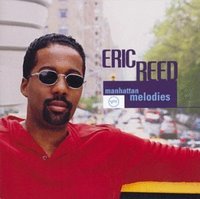 Manhattan Melodies by Eric Reed
Manhattan Melodies by Eric Reed
The distance that tends to exist between fans of indie-rock and jazz music fans confuses me. In terms of devotion to the music for music's sake, the DIY aesthetic, and the knowledgeable fans, the two genres seem more similar than different. I can understand fans of jazz not liking (very much) the sound of most indie-rock, but the other way around? How come? Speaking for myself, I always enjoy good jazz. I dig hearing it on record, cd, or the radio whenever I happen across it and I love good live jazz. But to actually get into it, to dive in and find out which artists and styles I really enjoy, seems very daunting. Much the same with classical music in fact, and much the same way I imagine many indie-rock novices feel when they consider trying to go about knowing what's what in the current indie-rock music scene. Given that this is the case, I present for you a fairly good introduction into the world of jazz. The world of jazz that's not just the famous names of Miles, Satchmo, Coltrane, etc., but rather some jazz that is recent by an artist still recording and releasing new albums.
The first time I heard this album I took note immediately. I was in the CD section of my local Barnes & Noble and Manhattan Melodies was playing throughout the store. Usually, someone more concerned with The Faint and Trans Am (as I was at the time) wouldn't even notice music like Eric Reed's. But how could I help it? The first song I remember taking note of was "Blues Five Spot". It's a song originally done by Thelonius Monk, but I wasn't aware of that at the time (even though Monk was one of the few jazz artists whose material I actually owned)...all I knew was that the song kicked. Then the album went right into Reed's take on the classic song "Puttin' On The Ritz" and I was sold. I picked up the album that day and bought it once again after my first copy got too scratched due to excessive listens.
Let's look to All Music for a bit more info:
"On this basic piano trio CD, Reed is quite assertive on many different levels. His piano playing is maturing, growing stronger and deeper, stripping himself of cliches and past influences. He's chosen to take established songs and standards and modify them to his liking. A fine rhythm section of bassist Reginald Veal and drummer Gregory Hutchinson moves the music forward, and, as you might expect, the songs are based on his New York, New York experience.Having Manhattan Melodies exist alongside some of the other albums on this list might seem a little strange, and it is. But I don't want there to be boundaries here. This is just a list of some of my favorite albums from the 90's that don't seem to be getting enough love elsewhere. And hey, you know what? Odds are Manhattan Melodies is going to make some of the best Sunday brunch-at-home music (or the best album to listen to with a bottle of wine) you've ever come across. Bonus points for the fact that Eric Reed can play piano like nobody's business.
You'd be hard pressed, upon hearing his take of the old Harper's Bizarre Merseybeat Top 40 hit "59th St. Bridge Song (Feelin' Groovy)" to recognize it from the original. Reed has re-harmonized it beautifully into a modern jazz vehicle for his own melodic trappings. The title track has some McCoy Tyner-like strength, but it's coming from the sinewy fingers of Reed, and he tosses in some stride piano during his take on Thelonious Monk's "Five Spot Blues," a neat idea. His "NYC Blues" is elegant, soulful and swinging. He changes up "Puttin' On The Ritz" in an Afro-Cuban mode, helped by percussionist Renato Thomas, and goes tender and serene on "Englishman In New York." For "A Letter To Betty Carter" the trio is joined by vocalist Dianne Reeves. There are two medleys; one "Harlemania" has a more modernistic Duke Ellington flavor, while "NYC Medley" includes a witty 5/4 run through of "Autumn In New York," a pensive "Skating In Central Park" and a meditative "Central Park West."
Reed's playing is quite attractive. He knows no bounds and touches on all of the aspects of the tradition on this, perhaps his best of the several CD's he's released. If you like quality and quantity in your jazz piano players, Eric Reed is your man these days."
Buy Manhattan Melodies on iTunes HERE.
Listen:Previous Overlooked Albums from the 90's:
#1 - Saturnalia by The Wedding Present
#2 - The Inevitable by Squirrel Nut Zippers
#3 - This is Our Music by Galaxie 500
#4 - Dusk by The The
#5 - Fantasma by Cornelius
#6 - New Wave by The Auteurs
#7 - I, Jonathan by Jonathan Richman
#8 - Futureworld by Trans Am
#9 - Harmacy by Sebadoh
#10 - Cure For Pain by Morphine
#11 - God Fodder by Ned's Atomic Dustbin
#12 - Seven by James
#13 - Why Do Birds Sing? by Violent Femmes
#14 - Blank-Wave Arcade by The Faint
#15 - Dog Man Star by Suede
#16 - Beatsongs by The Blue Aeroplanes
#17 - Don't Try This At Home by Billy Bragg
#18 - 1992: The Love Album by Carter USM
#19 - Time Was Gigantic...When We Were Kids by The Durutti Column
#20 - Psalm 69 by Ministry
#21 - The Dirtchamber Sessions, Vol. 1 by The Prodigy
#22 - Going Blank Again by Ride
#23 - Love At Absolute Zero by My Favorite
#24 - Placebo by Placebo
#25 - K by Kula Shaker
#26 - Kill Uncle by Morrissey
if you'd like...
Pitchfork's top albums of the 90's
1st version of their list
Another site does their own "Overlooked of the 90's":
Top 30 'Other' Albums of the '90s



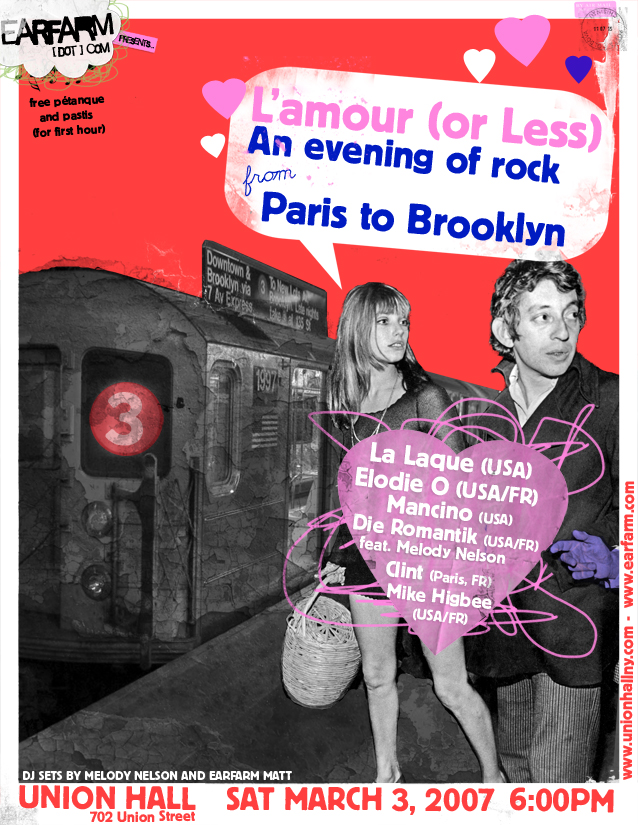
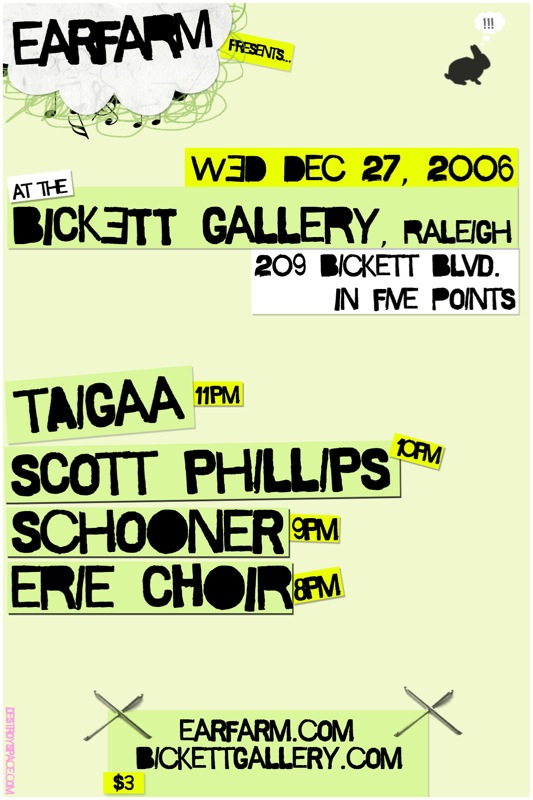
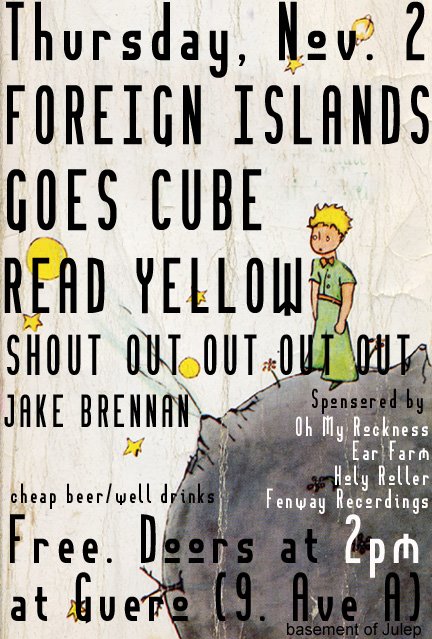


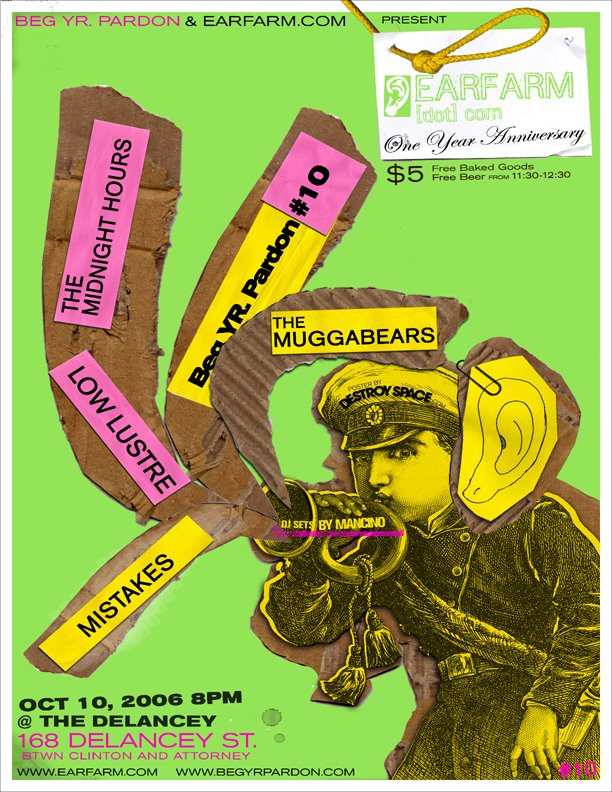

2 comments:
hi there!!!
i'm big fan of your blog!!!
i love it!!!
you should include any album of blur in the albums from the 90's
well....i was just passing by your blog :P
bye!!!
"you should include any album of blur in the albums from the 90's"
i don't think 90s blur albums were overlooked. different theme. if the topic was outstanding, critically acclaimed albums from the 90s... sure.
Post a Comment